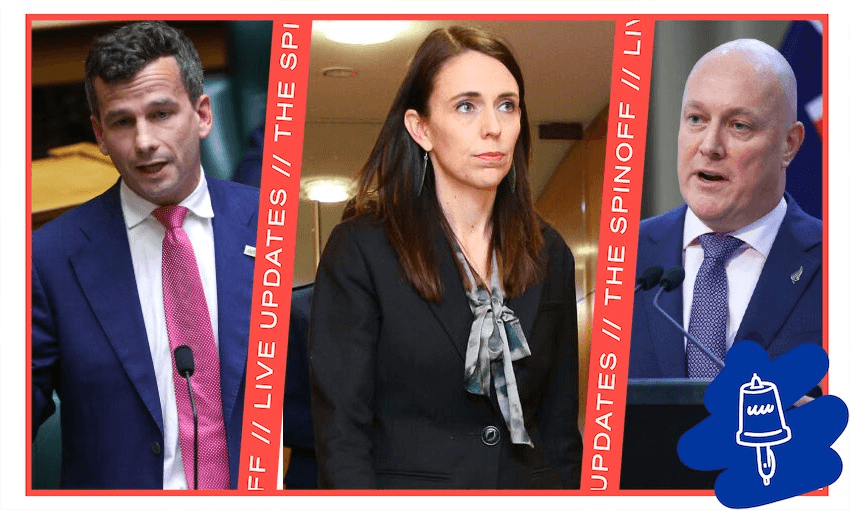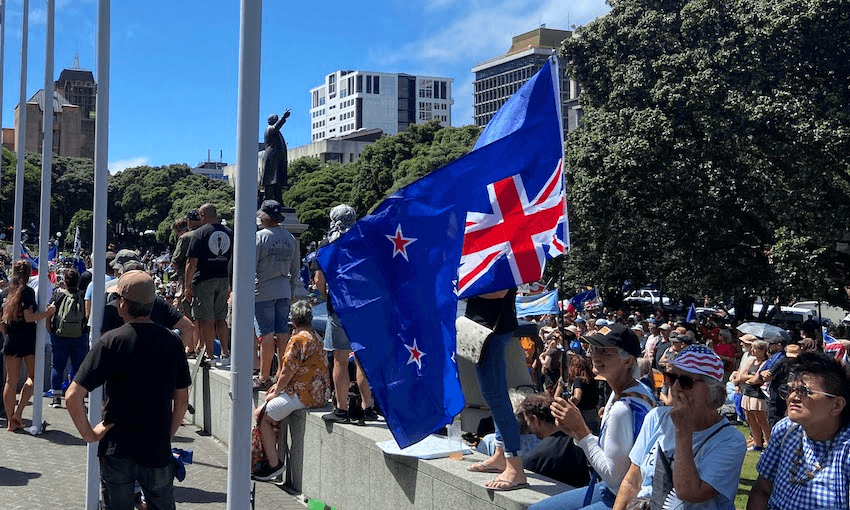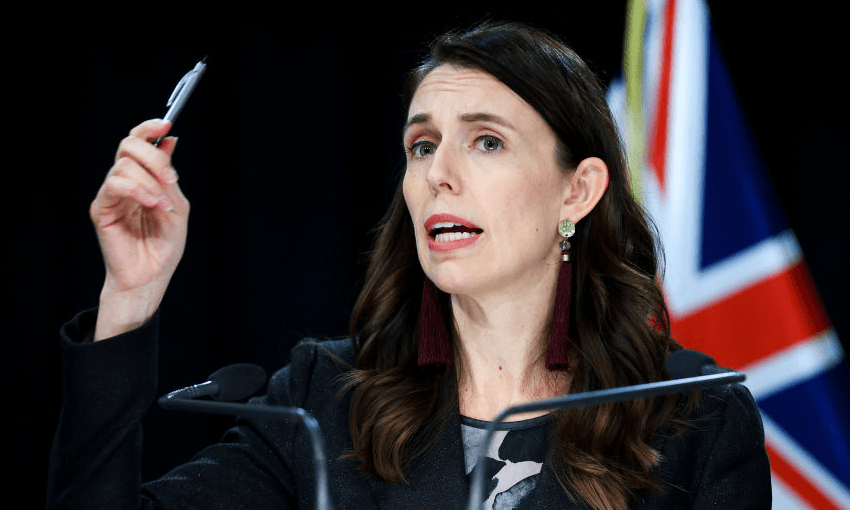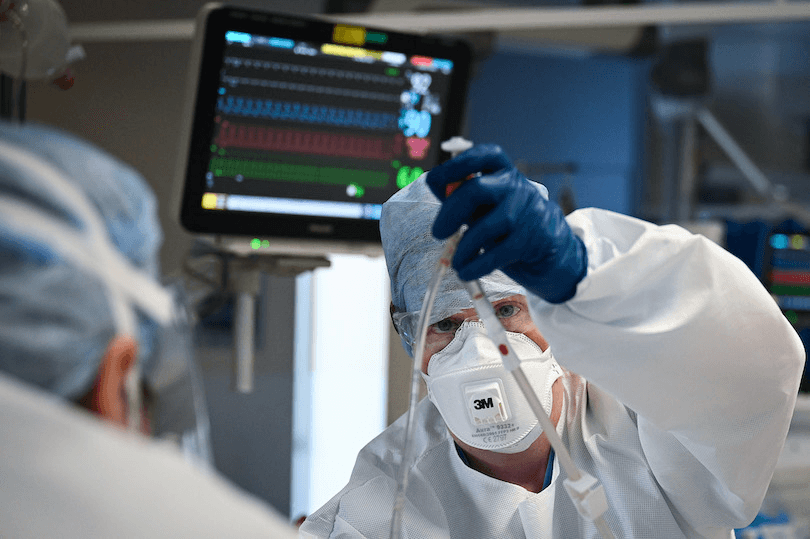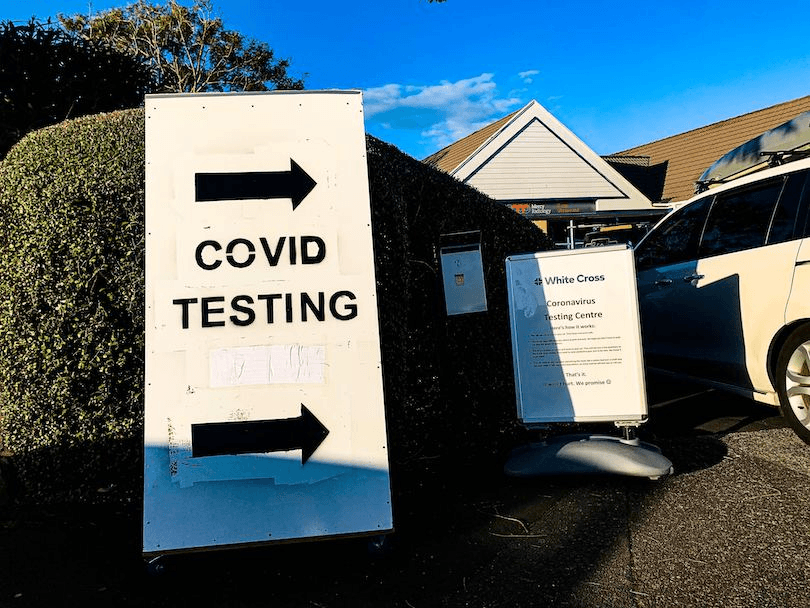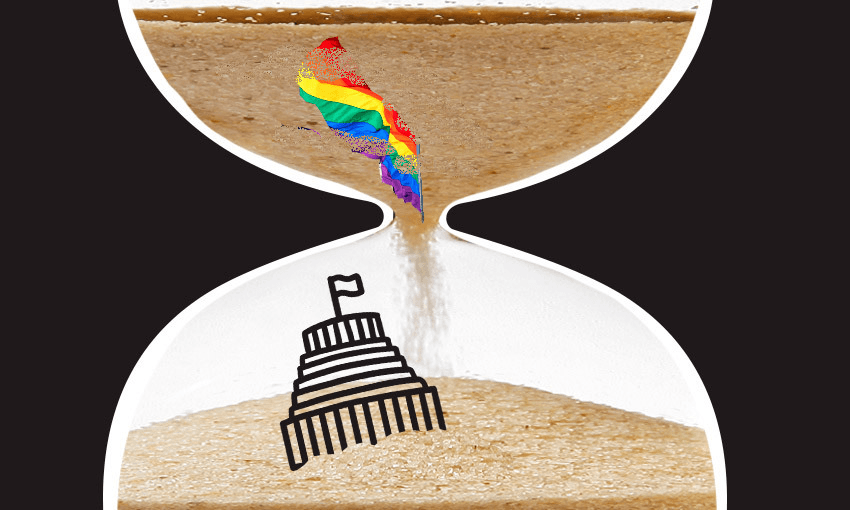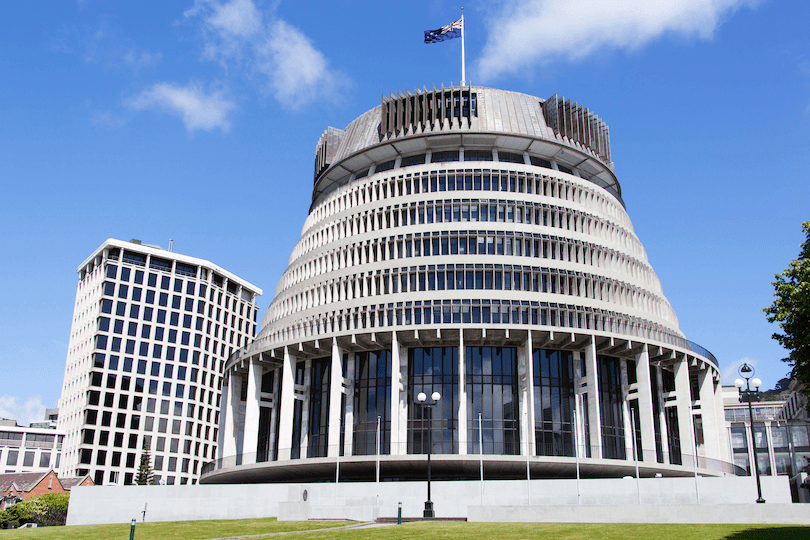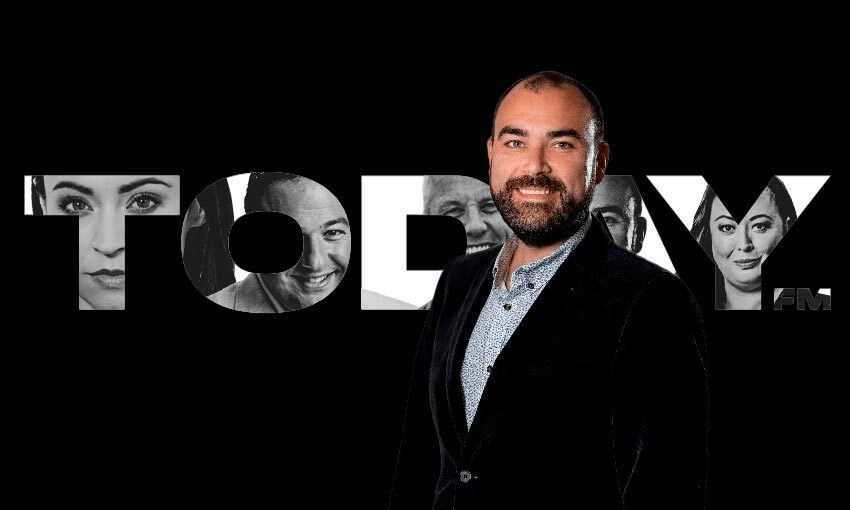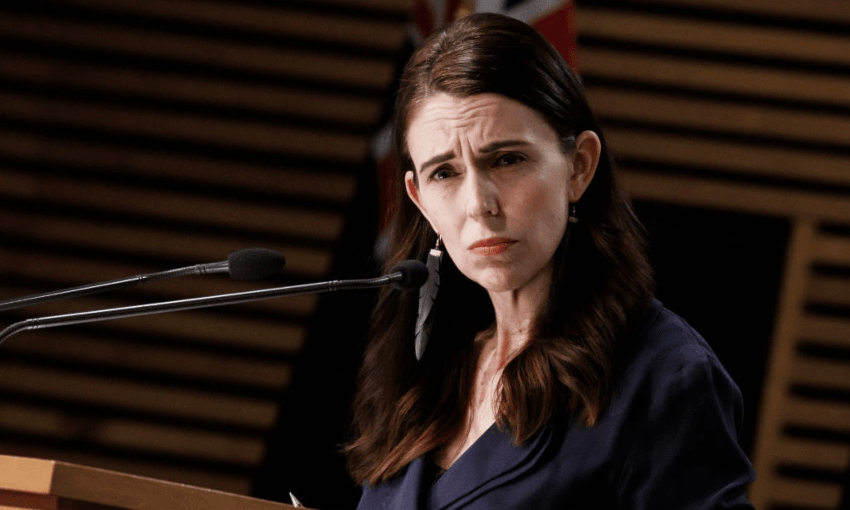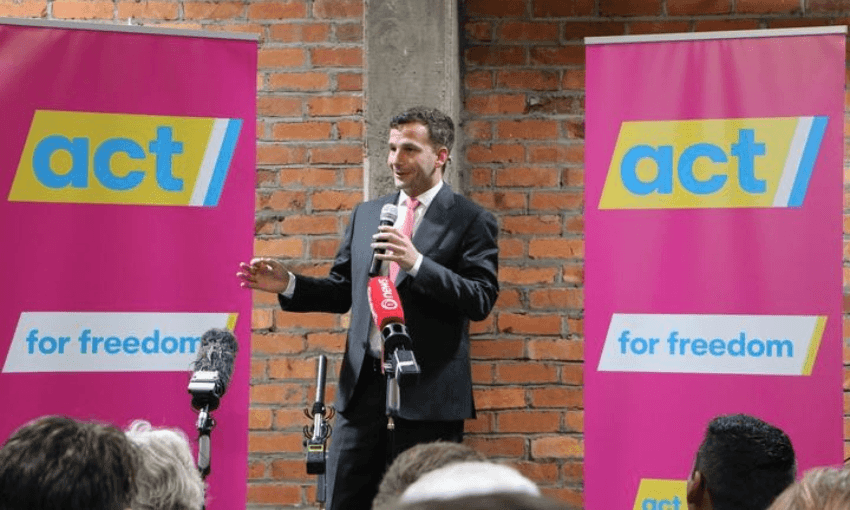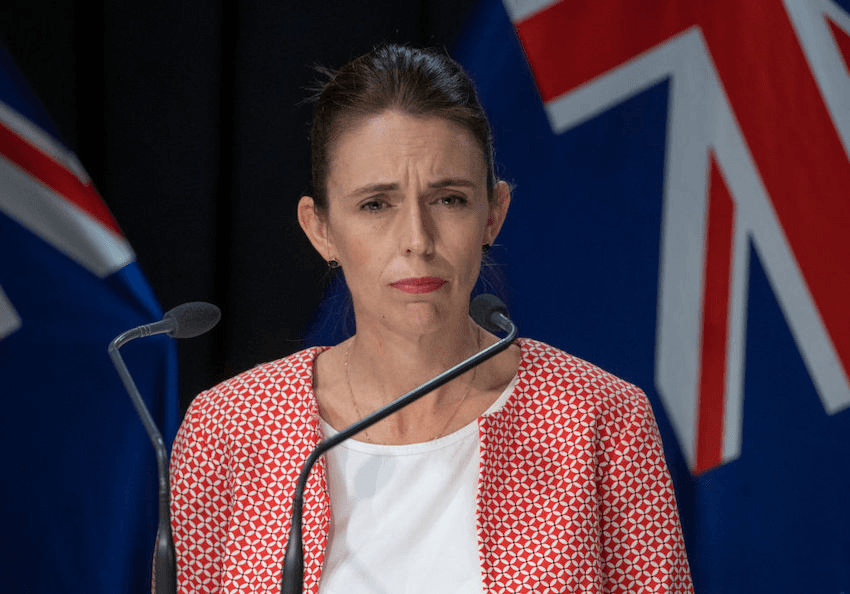Welcome to The Spinoff’s live updates for February 8 – it’s a short week! I’m Stewart Sowman-Lund. Get in touch with me at stewart@thespinoff.co.nz or on Twitter.
NZ ‘tracking at lower end of predictions’ – PM on latest omicron modelling
The prime minister says we’re tracking at the lower end of Te Pūnaha Matatini’s latest modelling on an omicron outbreak, but “no one should be complacent”.
“The determining factor will continue to be booster uptake,” said Jacinda Ardern at this afternoon’s post-cabinet press conference. “We are in an unknown period.”
The modelling released today simulated baseline, low-transmission and high-transmission scenarios that produced outcomes comparable with recent outbreaks in London, South Australia and New York respectively. Ardern said the South Australia “low-transmission” comparison was looking most likely.
Today’s modelling predicted that if booster uptake reached 90% of the eligible population, peak hospital admissions would range from 200 to 800 a day and would put “significant strain” on our health system. Asked whether she was expecting 2,000 daily hospitalisations as per the higher-transmission scenarios, Ardern said, “I’m really cautious about giving any certainty about what we can expect, but what we have said is we need to prepare ourselves for both low and high scenarios.”
Responding to ongoing criticism of a lack of ICU capacity in New Zealand hospitals, at today’s post-cab Covid-19 response minister Chris Hipkins said there were “differing accounts”.
“If you speak to people in ICU they are nervous and they are anticipating coming under increased pressure,” he said. “We also get advice from our health professionals that say we are ready. They deal with peaks in ICU demand and have to make decisions and they’re as well prepared as they’re able to be.”
On concerns raised in the modelling about waning immunity among people who got their boosters earliest, Ardern said, “At the moment the research suggests a short window for the vaccine decreasing the likelihood of you passing it on picking it up, but it’s holding when it comes to the severity of illness and whether y0u end up in hospital.”
Hipkins added: “Overwhelming international evidence is that the best preparedness is to do everything you can to stop people going to hospital.”
Boosters were important in that, as were additional public health measures like mask use, said Hipkins, adding that the government’s mask use policies were in the process of being adapted “based on emerging international evidence”.
